While many observers have been looking on with astonishment as Bitcoin hit $50,000 this week, others are looking at a different story related to the Currency – how it will imminently have a market cap of $1 trillion.

By hitting this market cap, Bitcoin has already overtaken the market cap of huge companies like Tesla and Facebook. It is still a bit behind Apple, Saudi Aramco, Microsoft, Amazon and Alphabet (Google), but once it gets to just above $55,000 per coin, it will join the $1 trillion+ club. When it hits $75,000 its’ market cap will probably be more than Alphabet (Google) and Amazon…
Most banks’ market caps are now miles behind what Bitcoin has achieved, which may well have helped stir rumours about how BlackRock are looking at putting billions of dollars into the cryptocurrency:
"I think the markets are starting to adjust to the fact that the 10-year note is moving to a point to what's going to be significant growth in the economy," says BlackRock's @RickRieder on rising treasurys and the $US10Y: pic.twitter.com/fMMNN96raf
— Squawk Box (@SquawkCNBC) February 17, 2021
BlackRock’s Chief Investment Officer of Global Fixed Income, Rick Reider, shared his thoughts about Bitcoin with CNBC yesterday:
“Today the volatility of it is extraordinary, but listen, people are looking for storehouses of value,” Rieder said on “Squawk Box.” “People are looking for places that could appreciate under the assumption that inflation moves higher and that debts are building, so we’ve started to dabble a bit into it.
“We’re holding a lot more cash than we’ve held historically,” he said. “It’s because duration doesn’t work, interest rates don’t work as a hedge and so diversifying into other assets makes some sense. Holding some portion of what you hold in cash in things like crypto seems to make some sense to me, but I wouldn’t espouse a certain allocation or target holding.”
With Tesla, Microstrategy, and now BlackRock all piling into Bitcoin, it might be worth taking a moment to consider what the strategy is behind Michael Saylor’s Microstrategy.
“The returns on gold didn’t look nearly as compelling as Bitcoin,” said Saylor, adding, “So we eventually found crypto because, in essence, in the crypto world you can create a digital gold – and Bitcoin is that digital gold. And so if you’re looking for a non-fiat derivatives store of value in an inflationary environment, that’s logical that you would settle upon Bitcoin as digital gold.
“If we wanted to avoid volatility, we could keep the cash, but we’d be 90% certain that we would lose 75% of our value over 10 years, right. That’s the price of stability. Volatility is the price you pay in order to get appreciation,” Saylor concludes.
The drive in uptake by so many companies and institutions across the world has also led to U-turns by many of Bitcoins biggest critics:
Now that #Bitcoin has hit $50,000 I must admit that a move up to $100,000 can't be ruled out. However a move down to zero can't be ruled out either. While a temporary move up to $100K is possible, a permanent move down to zero is inevitable. If you don't want to gamble buy #gold.
— Peter Schiff (@PeterSchiff) February 16, 2021
Charlie Shrem, one of the legends of the crypto world, even had to comment on Schiff’s post yesterday, cheekily asking Schiff to prognose how long it would take for Bitcoin to theoretically go to zero – hundreds or thousands of years?
Peter Schiff himself is more of a Gold enthusiast, but whether Bitcoin is competing against Apple, Gold or the US Dollar is irrelevant. As its’ market cap keeps incrementally increasing the world is simply being forced to adopt it, or be left behind.
Bitcoin vs Forex
As cryptocurrency continues to gain legitimacy, investors continue to surge towards Bitcoin. Some have compared the activity surrounding Bitcoin to how the forex market operate. Forex, in some respects, represents the closest precursor we had to the world of crypto — at least from an investment standpoint.
As much as some will espouse the similarities between the two markets though, others will insist that cryptocurrency and forex are virtually nothing alike. So we wanted to briefly explore the similarities and differences:
Similarities
Accessibility
Arguably the greatest similarity between cryptocurrency and forex from an investing standpoint is how accessible both are. Indeed, in one of the more thorough comparisons of the two asset classes on the web, Hackernoon points out that cryptocurrency and forex are similar in that both have platforms devoted entirely to trading.
Put another way, cryptocurrency and forex markets have their own platforms and exchanges, with Forex signals and sole crypto information easily accessible, as opposed to being lumped in with other investment opportunities. This, plus the fact that both allow for 24-hour trading, makes them somewhat alike.
While Binance is the biggest exchange at the moment, by quite some margin according to Statista, Coinbase is the exchange many investors already use, and the one to IPO imminently:
Coinbase, Readying for #PublicListing,
— Spiros Margaris (@SpirosMargaris) February 18, 2021
Gets $77 #Billion #Valuation From #Nasdaq #PrivateMarket https://t.co/fGTQtpN7V3 #fintech #crypto #Bitcoin @coinbase @IanAllison123 @CoinDesk pic.twitter.com/YV4jT2gru0
If Coinbase is worth $77 billion, though, what would that mean that Binance is worth?
Forex platforms maybe don’t have the appeal that Crypto platforms currently seem to have, but the mechanisms of the systems are similar. Forex platforms continue to add crypto as well, while crypto platforms don’t seem to be developing much more than adding the DeFi platform’s services which we covered a few months ago.
Market Perspective
When trading stocks or other securities, it can be difficult for investors to assess entire categories or classes of assets at once.
By contrast, cryptocurrency and forex markets offer more limited collections of assets, and are thus easier to assess all at once.
For this specific reason, heat map tools have even become popular largely with regard to these investments. FXCM demonstrates how a heat map can show virtually the entirety of the relevant forex markets, providing an all-in-one visual of currencies’ gains and losses in value.
TradingView added Bitcoin to their timelines just a few weeks ago, which is another way of highlighting how the cryptocurrency works and what challenges it faces.
Likewise, while there are now thousands of ‘altcoins’, a heat map or similar visual tool can show most of the relevant, investable assets in one place.
XRP might be one of the more challenging ‘altcoins’ to map following their scuffle with the SEC, but Ethereum, Dash, Stellar and others often trend similarly to Bitcoin.
This arguably lends a certain simplicity to these markets that doesn’t exist in other investment arenas.
Currency-for-Currency Transactions
It’s a very basic point, but these markets are also alike in that by nature they involve the swapping of currencies for investment purposes.
In forex, trading currencies is the entire name of the game. In cryptocurrency there’s a slight difference, in that many buy cryptos with fiat currency and sell when ready. Many crypto enthusiasts buy them to hold or hodl, something that is less popular when it comes to EUR / GBP / USD.
However, cryptos can be dealt for one another as well, which is essentially a digital currency version of the forex trade (albeit one that operates somewhat differently).
So in some sense, even if the nature of cryptocurrency is not the same as that of regular currency, there’s a fundamental comparison to be made in the style of trading at hand.
Differences
Value Fluctuation
Forex trading is largely about capitalizing on small changes in value — sometimes down to tiny fractions of whole units of currency. This is one reason that so many forex traders ultimately employ leverage.
By contrast, cryptocurrency is for now more about investing in the potential for more significant gains. Just recently, Yahoo Finance made a point of highlighting bitcoin’s first breach of the $40,000 mark and, at the same time, suggesting an “imminent pullback.” Of course, we now know that it was a momentary adjustment for Bitcoin as it continues its’ surge towards $55,000 that we are seeing now.
This speaks to the volatility in cryptocurrency, which makes for a wholly different investment environment than what we see in forex trading.
Utility of Currency
Fiat currency, for now, is simply more useful in the real world than cryptocurrency.
This too has significant implications for trading environments, most notably in that it affects what weighs on the markets.
Forex prices can be fairly directly impacted by consumer spending habits and economic performance in various countries.
Fiat currency is essentially currency first, and material for forex trading second. Cryptocurrency, on the other hand, is an investable asset first and a real-world one second. It is less affected by its own utility, which further differentiates the two investing markets.
Implications Beyond Investment
This is a more speculative point. But just as we’ve looked at the potential rise of ‘Digital Fintech Careers’, it’s a virtual certainty that the expanding world of cryptocurrency is going to give rise to new businesses and careers that are not yet active.
More generally, it’s fair to point out that cryptocurrency is still evolving and figuring itself out, which means there are unknown factors that could still drastically change the market in the years ahead.
Forex, on the other hand, is long-established and concrete, even if it is not necessarily immune to change.
They are two very different markets in the end. But it’s certainly understandable why some choose to compare them, and there’s every possibility that investors who are comfortable in one might be comfortable in the other.
When Bitcoin hits $1 trillion market cap though, perceptions may evolve further.
Author: Betty Jordan
#BlackRock #Bitcoin #Microstrategy #Inflation #Forex #Fiat #Crypto #$1trillion #Exchange #Coinbase #Altcoin


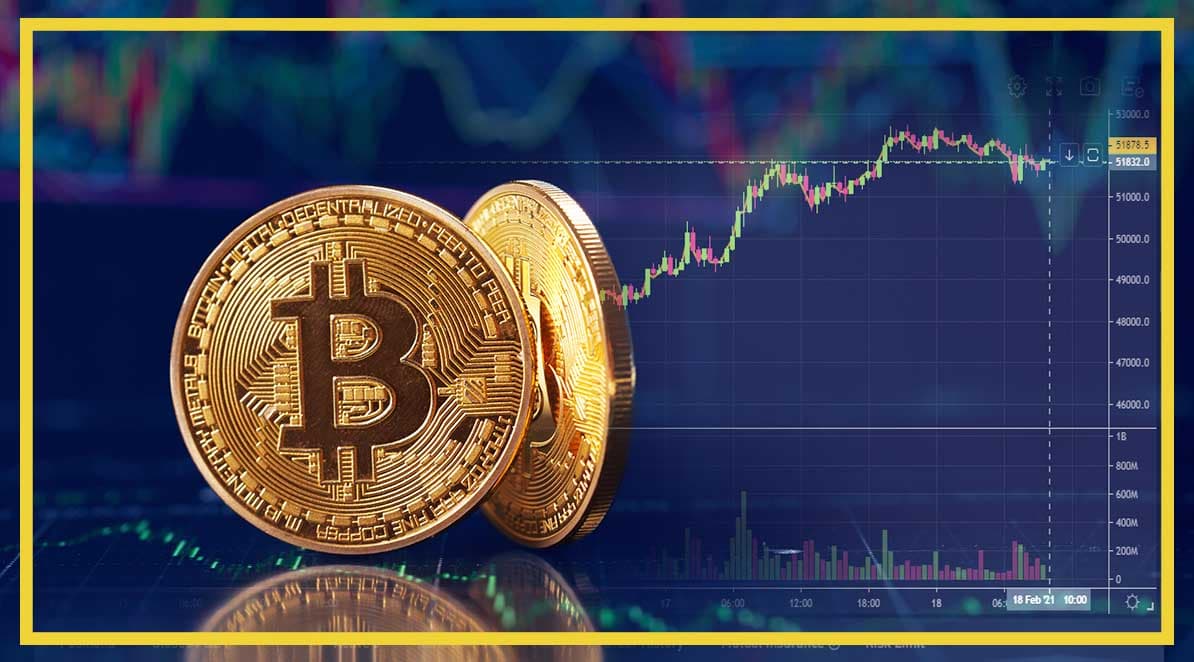


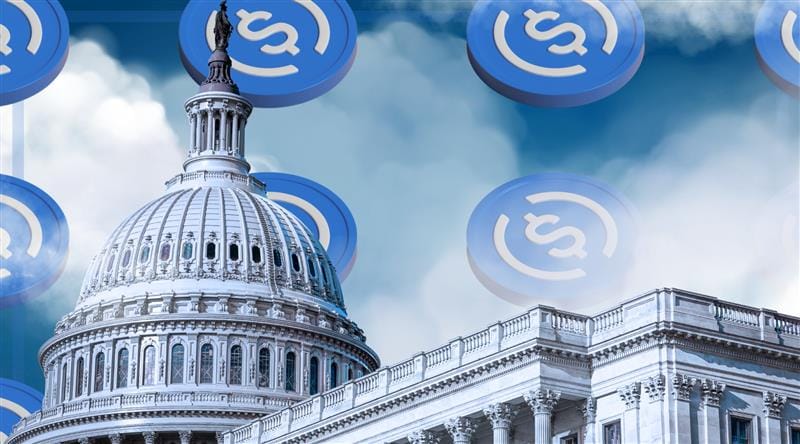

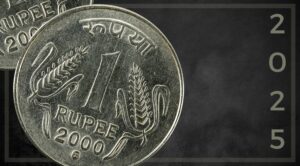





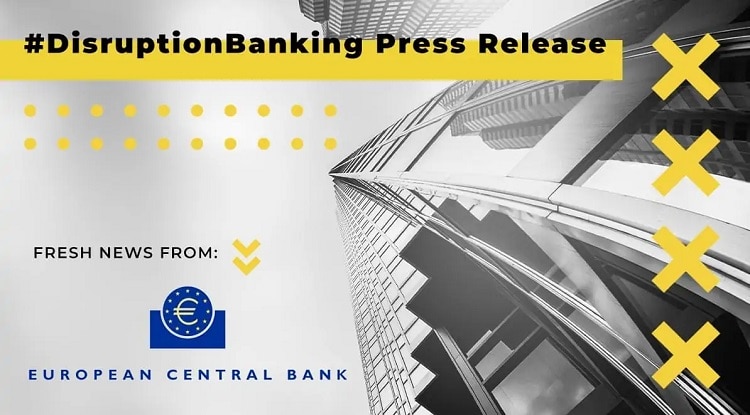
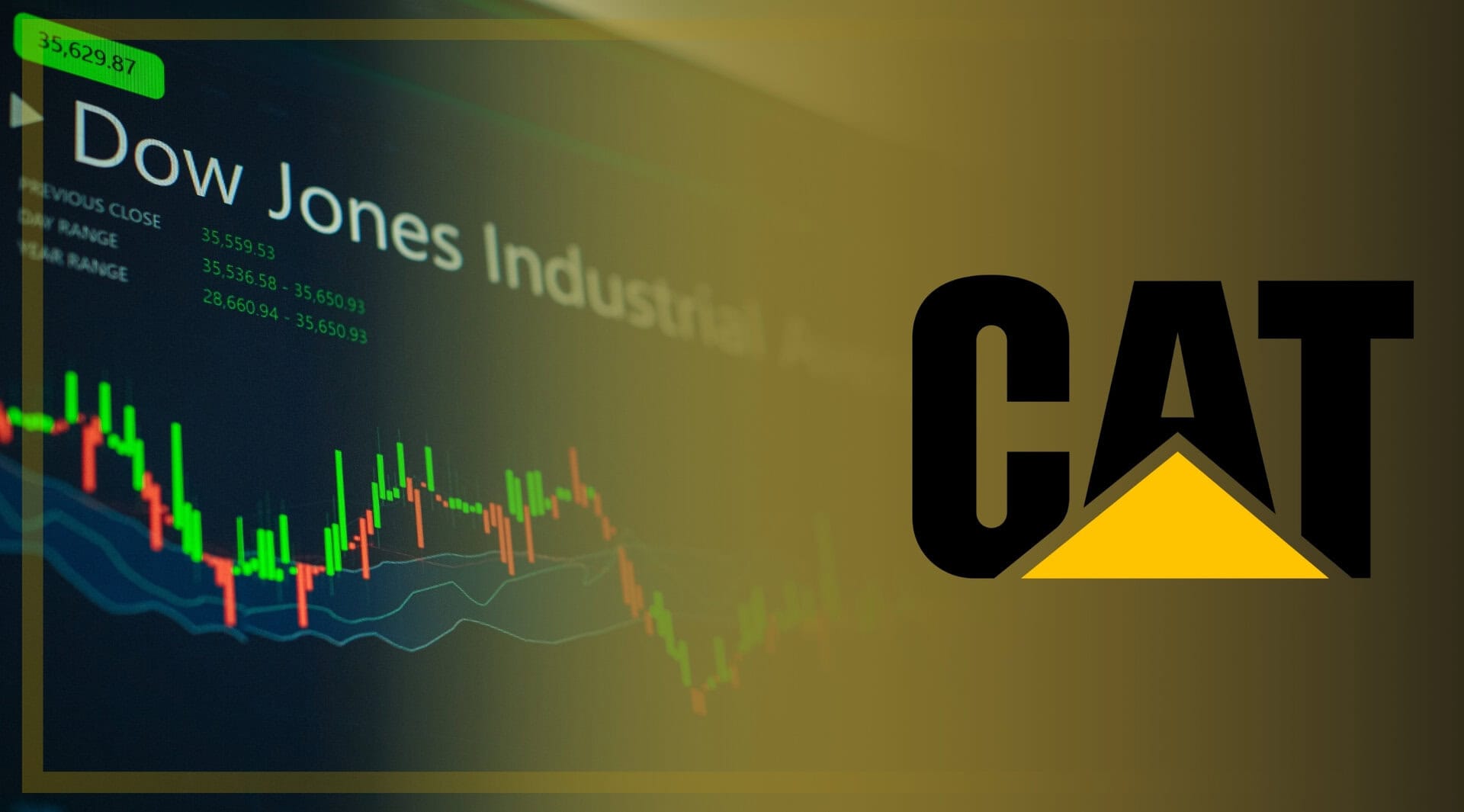

One Response